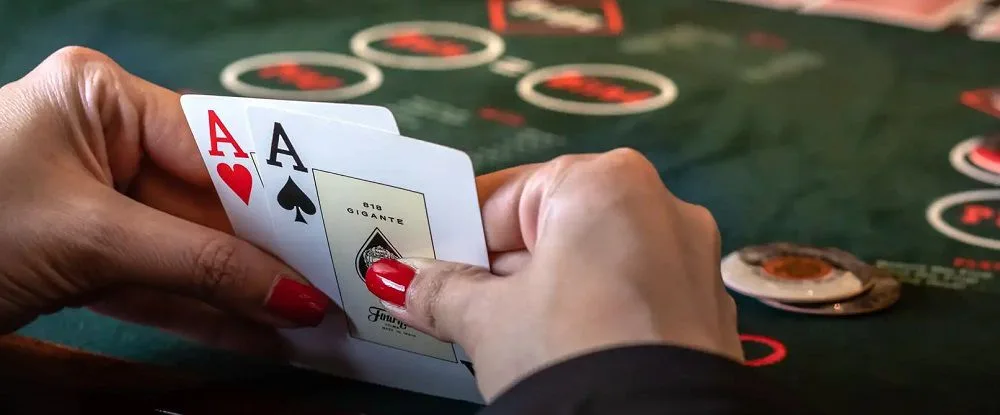
How to Play Lowball Poker
Lowball Poker (2-7 Lowball) is an exciting poker format that is significantly different from traditional versions of the game. The main goal is to collect the weakest combination, which requires a special approach and strategy from players. First, it is important to understand the basic concept of Lowball. Unlike other types of poker, it is not the strongest hand that wins, but the weakest one. In the 2-7 Lowball variant, which is the most popular, the best possible hand consists of cards 7, 5, 4, 3, and 2 of different suits. Pairs, straights, and flushes are considered unprofitable combinations.
Basic Rules of the Game
- Dealing the Cards: Each player at zet-casino-online.com receives five cards face down. After the first deal, there is a betting round where players can make their moves: fold, check or raise.
- Exchanging the Cards: After the first betting round, players can exchange one to all five cards for new ones. This is the main point that allows you to improve (in the context of Lowball – worsen) your hand.
- Second Betting Round: After exchanging the cards, there is another betting round. Then the cards are shown down and the player with the lowest combination takes the pot.
- Card Ranking: In Lowball, aces are considered high cards, while straights and flushes are undesirable. This means that a hand consisting of, for example, 7, 6, 5, 4, 3, will be considered stronger than 7, 5, 4, 3, 2, since the former is a straight.
Recommendations for Beginners
For those just starting out in Lowball poker, it is important to consider several key aspects that will help you get the hang of the game and achieve success.
- Learn the game. Before you start playing for real money, it is a good idea to practice in free games or demo modes to understand how bets, card exchanges, and hand rankings work in Lowball. It is also worth familiarizing yourself with basic strategies to avoid common beginner mistakes.
- Be careful with card exchanges. One of the most common mistakes beginners make is incorrect card exchanges. It is not always necessary to exchange all five cards at once. Sometimes it is better to keep a couple of cards if they can help you avoid forming a straight or flush.
- Consider table positions. As in other poker games, table position is very important. The closer you are to the dealer, the more information you will have about your opponents’ hands. This will help you make more informed decisions.
- Don’t be afraid to bluff. Bluffing is an important part of Lowball. Considering that the main goal is to make a weak hand, your opponents may not be sure about the strength of your hand. Use this to your advantage to force your opponents to fold when you really have a weak hand.
- Analyze your opponents’ actions. Keep track of how many cards your opponents exchange. If a player exchanges a lot of cards, it may mean that he originally had a strong hand and is trying to “weaken” it. If a player exchanges one or two cards, most likely he already has a weak hand and is just trying to improve it a little.

Tips from the Pros
Experienced Lowball players give several important recommendations that will help improve the game:
- Play aggressively with strong hands: If you already have a good weak hand, do not be afraid to make bets and raises. This can make your opponents fold, thinking that you really have a strong hand (by Lowball standards).
- Know when to retreat: If after the exchange you see that your hand has not improved, do not be afraid to fold. Lowball requires the ability to recognize when the odds are not in your favor.
- Practice is the key to success: As in any form of poker, success in Lowball comes with experience. Play regularly, analyze your mistakes, and you will definitely improve your skills.
Lowball poker is an interesting and complex format of the game at zet-casino-online.com, which requires an unconventional approach and a special strategy. It is important for beginners to master the basic rules and understand the features of hand ranking, as well as learn how to correctly exchange cards and take into account the actions of opponents. Following the recommendations of professionals and regularly practicing, you can succeed in Lowball and discover new facets of poker.
